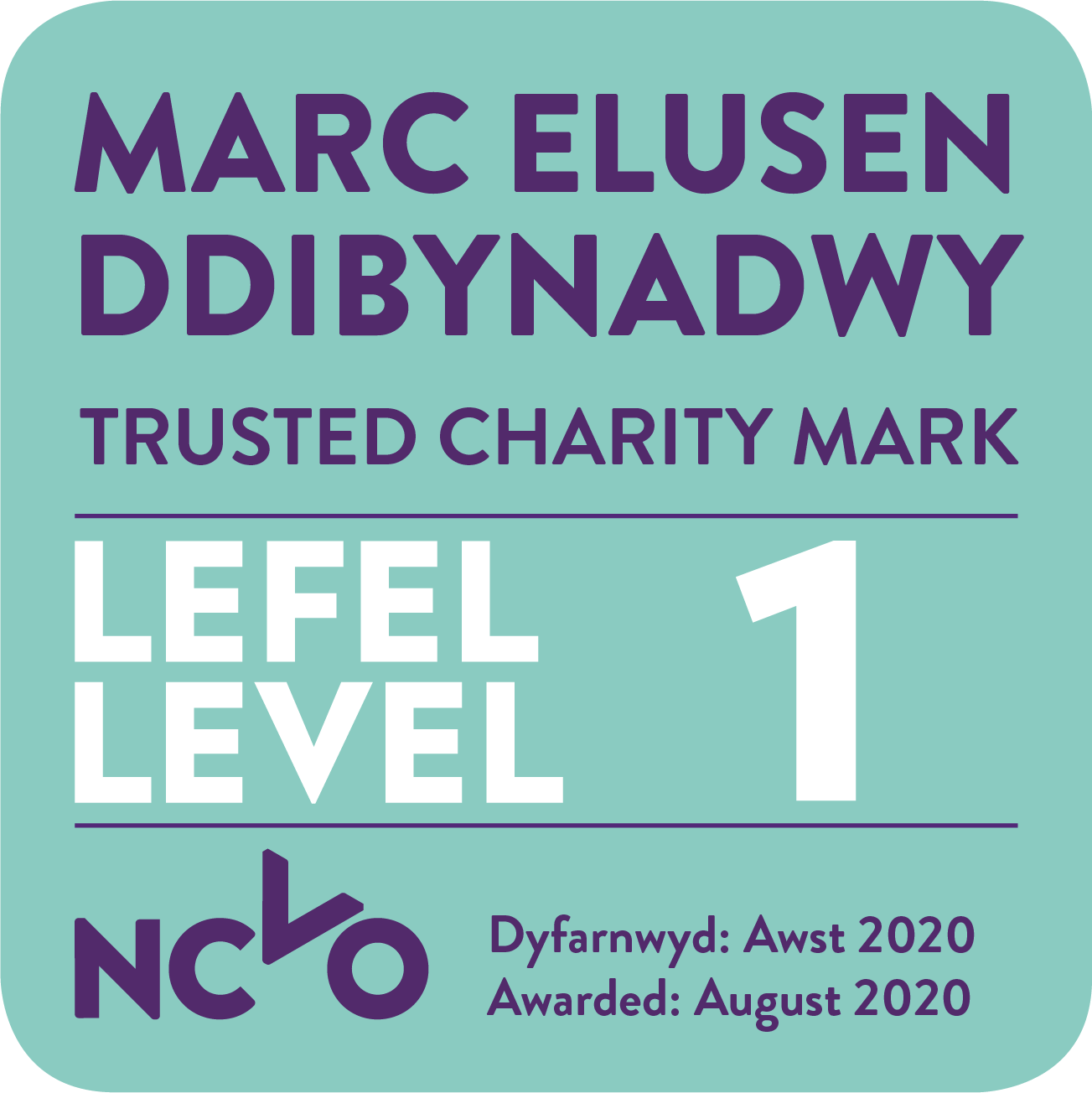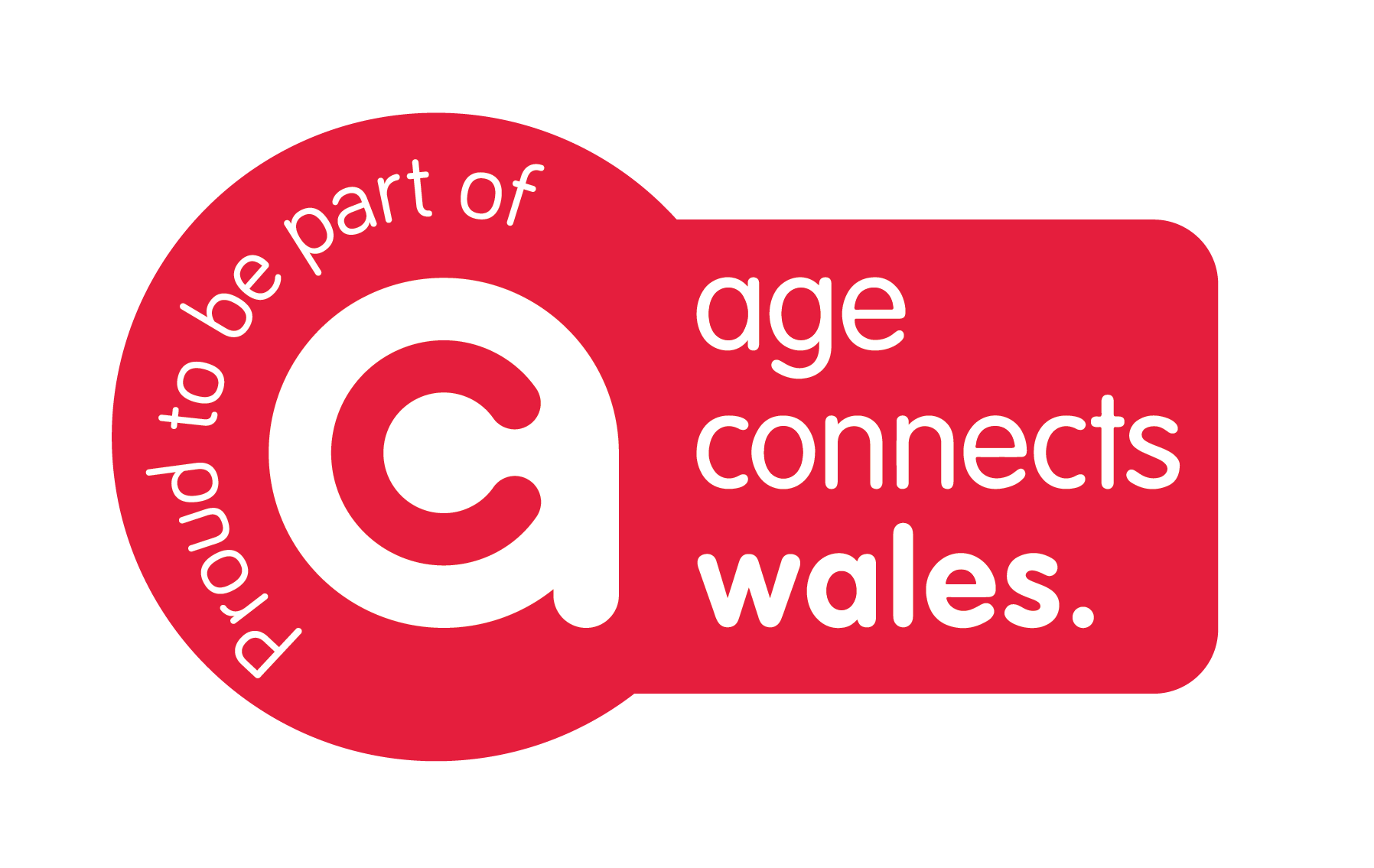Understanding Dementia: What Everyone Should Know
Dementia is a condition that touches the lives of millions of people around the world — yet it is still widely misunderstood. Many are unsure what it truly means, how it affects those diagnosed, and the profound impact it can have on families and carers.
This blog aims to shed light on dementia: what it is, what causes it, how to recognise the symptoms, and how we can better support those living with the condition.
What Is Dementia?
Dementia isn’t a single disease — it’s an umbrella term used to describe a range of symptoms linked to a decline in brain function. These symptoms interfere with a person’s ability to manage everyday life, particularly when it comes to memory, thinking, problem-solving, and communication.
The most common form of dementia is Alzheimer’s disease, but other types include:
- Vascular dementia, often linked to strokes or poor circulation in the brain.
- Lewy body dementia, which affects movement and alertness.
- Frontotemporal dementia, which typically affects behaviour, personality, and language.
Common Symptoms of Dementia
The signs of dementia vary from person to person, but some common symptoms include:
- Memory problems – especially short-term memory loss, like forgetting recent conversations or appointments.
- Difficulty communicating – struggling to find the right words or follow a conversation.
- Confusion – particularly about time, place, or recognising familiar people.
- Changes in mood or behaviour – such as increased anxiety, depression, agitation, or withdrawal.
- Challenges with daily tasks – including things like managing money, preparing meals, or remembering how to use household items.
What Causes Dementia?
Dementia is caused by damage to brain cells, which disrupts how they communicate with each other. Different types of dementia involve different patterns of damage:
- Alzheimer’s disease involves abnormal protein build-ups (plaques and tangles) that affect memory and thinking.
- Vascular dementia results from reduced blood supply to the brain, often following a stroke or series of mini-strokes.
- Lewy body dementia features abnormal protein deposits that impact cognition, movement, and alertness.
- Frontotemporal dementia is linked to nerve cell damage in the frontal and temporal lobes of the brain.
Risk factors include aging, genetics, cardiovascular health, and lifestyle choices such as smoking, physical inactivity, and poor diet.
Living Well with Dementia
A dementia diagnosis can be life-changing, but it doesn’t mean life stops. With the right support, people living with dementia can continue to enjoy meaningful relationships, hobbies, and daily pleasures.
Early diagnosis, proper medical care, and emotional support all play a vital role in maintaining quality of life. Many families find that connecting with others going through the same journey helps reduce isolation and builds resilience.
How to Support Someone Living with Dementia
Supporting someone with dementia can be emotionally and practically challenging, but there are ways to make a positive difference:
- See the person before the dementia – behind the diagnosis is a person with a lifetime of memories, passions, and experiences that matter.
- Learn about their condition – understanding the type and progression of dementia helps you provide the right kind of support.
- Keep routines consistent – familiar routines provide structure and comfort.
- Communicate with care – speak clearly, use simple sentences, and give the person time to respond.
- Encourage independence – support the person to do as much as they can, without rushing or taking over.
- Make their environment safe – remove tripping hazards, label important items, and ensure good lighting.
- Seek help and community – connect with local dementia services, support groups, or charities that offer guidance and respite.
Raising Awareness, Building Compassion
By learning about dementia and challenging the stigma that still surrounds it, we can create a society that is more understanding and inclusive. Whether you're supporting a loved one or simply want to be more informed, your awareness makes a difference. If you or someone you know is affected by dementia, don’t face it alone. Reach out to your local GP, a dementia support organisation, or a community group. Help and advice are always available
Our Support: Memory and Wellbeing Guide Programme
To help ensure that no one faces dementia alone, we launched our Memory and Wellbeing Guide programme in 2024. As part of the national Dementia Connector Programme, and funded by the Cwm Taf Morgannwg Regional Partnership Board, this initiative is designed to improve the lives of people living with dementia and those who care for them. Each participant is supported by a named Memory and Wellbeing Guide, who provides:
- Connection to local support networks and peer support opportunities
- Access to tailored practical and financial advice
- Guidance on lifestyle and environmental changes to promote well-being and independence
- Referrals to other specialist support services when needed
This personalised approach ensures individuals and carers receive compassionate, coordinated support every step of the way.
Find out more by clicking here









